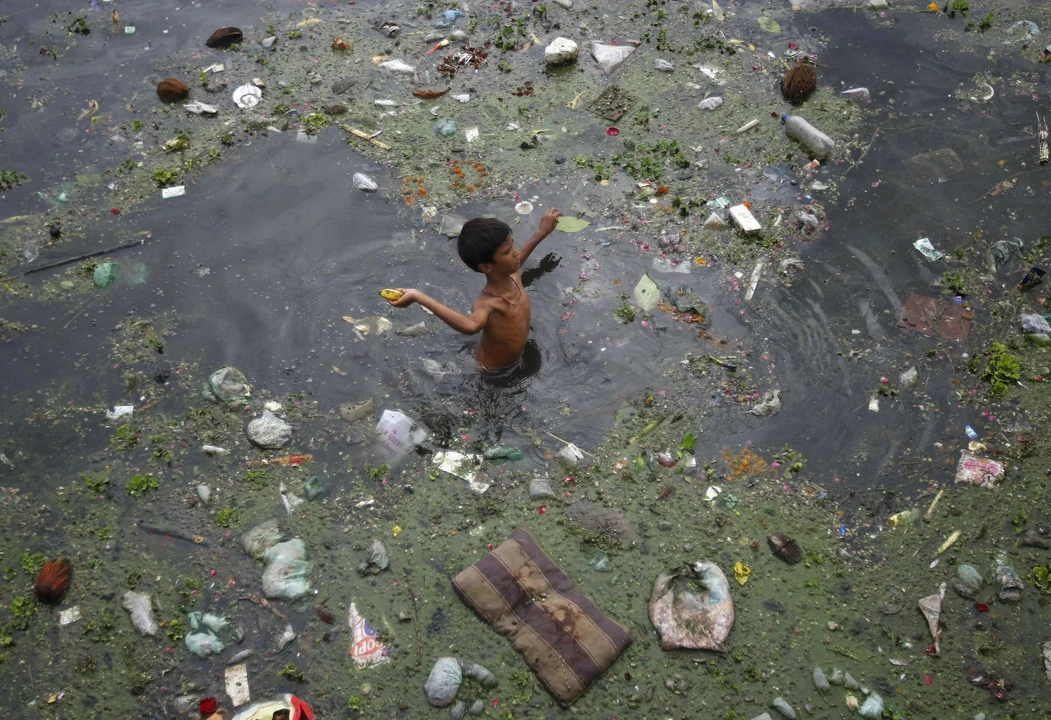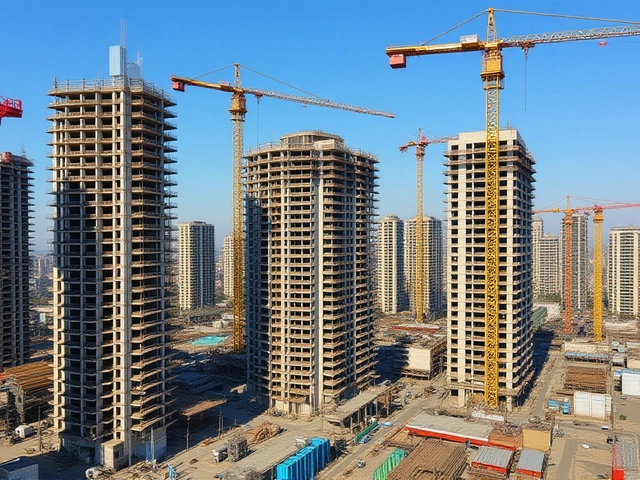Filth: Cleanliness, Waste, and Public Health in India
Filth affects health, comfort and local pride, so we must treat it as a community problem to solve right now.
Garbage on streets and open drains spread disease and make floods worse during heavy seasonal rains in many Indian cities.
Households create a lot of filth when wet food, packaging and plastics end up mixed in one bin every week.
Small changes at home reduce waste and stop garbage from piling up near drains and sidewalks within your neighborhood today.
Separate wet and dry waste, compost kitchen scraps, and keep reusable items out of single use collections as a habit.
Avoid buying unnecessary packaging, say no to plastic bags, and carry a bottle and cloth bag for daily use too.
Practical steps for citizens
When you see illegal dumping or overflowing bins, report the location with a photo to civic authorities via the app.
Organise or join a local cleanup once a month and bring gloves, bags, and basic safety gear for volunteers too.
Markets and shops must manage waste at source, install bins, and not wash dirt into drains after closing hours daily.
Municipalities should keep a clear pickup schedule, empty bins on time, and clear drains before the monsoon arrives every year.
Enforce fines for repeat illegal dumping but pair penalties with education and easy disposal options for low income areas too.
Public bins must be visible, animal proof, and emptied more often near schools, markets, and transport hubs during peak times.
Local action and policy
Recycling centers need clear hours, a simple list of accepted items, and fair payment for scrap collectors in every district.
Track problem areas with public reports and cameras, publish weekly fixes, and welcome feedback from residents to improve service delivery.
Health workers warn that filth increases diarrhoea, skin infections, and vector borne diseases if left uncontrolled in crowded neighbourhoods regularly.
Schools can teach simple habits like handwashing after play, use of dustbins, and showing leadership in local cleanups every month.
Small businesses that keep the street clean attract more customers and pay less in pest control over time and money.
Community composting cuts waste volume, reduces smell, and gives free soil for gardens and pots around houses every rainy season.
Volunteer groups can partner with waste pickers, provide basic tools, and help upskill people handling recyclables for safer better income.
Emergency cleanups need clear plans, first aid kits, and a supply of masks and gloves for everyone involved right away.
Local leaders should celebrate successes like a cleaned market or river stretch to keep neighbours motivated and engaged every quarter.
Media and social posts can show quick wins, practical tips, and names of helpful contacts to report urgent problems today.
Simple design fixes like covered drains, proper slopes, and more public bins stop debris from reaching water channels and floods.
If you want to help, start by picking one street, talking to neighbours, and setting a short cleanup date soon.
Check updates and act.





